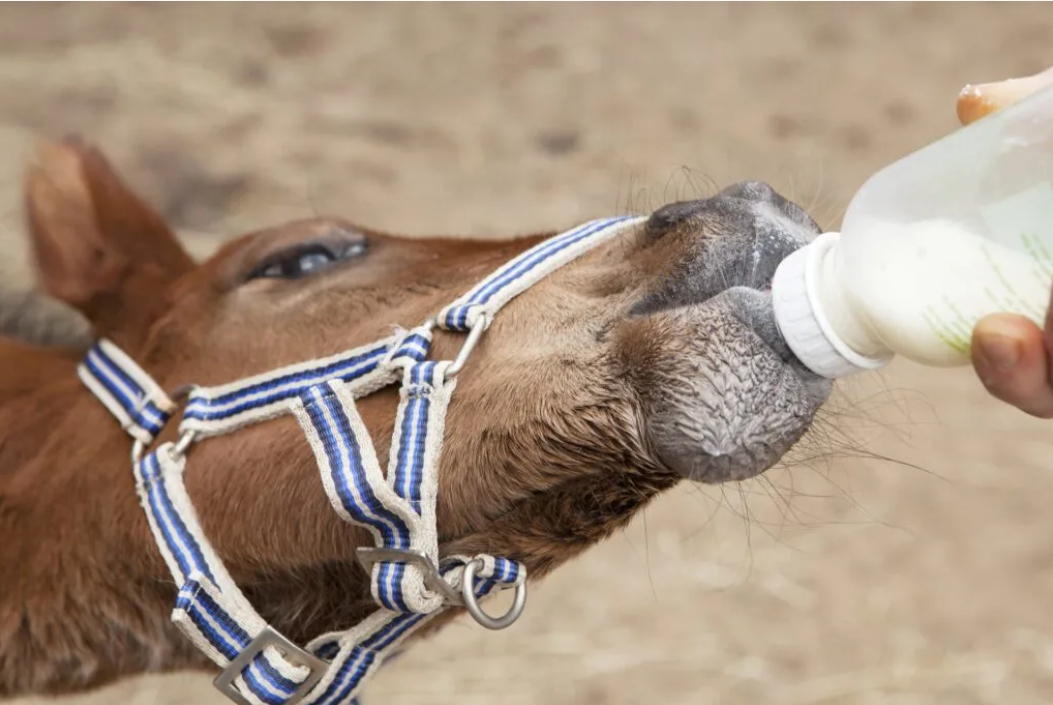Menu

Fortunately, it is rare. But sometimes it happens that a mare does reject her newborn foal. In these cases, it can be difficult for horse owners to know exactly what to do. How to help the foal? We have gathered some good advice to help along the way so that the foal can get the best possible start in life.
You may also like to read: The Newborn Foal: This is What You Should be Aware Of
The most important piece of advice to take away from this article is - you should of course call your veterinarian if you experience any abnormal behavior between the foal and its mother. The vet will be able to guide you on help the foal.
Colostrum is the foal's lifeline. Foals are born without antibodies, and it is therefore necessary for them to receive colostrum to become resistant to external diseases. Colostrum contains a lot of the antibodies that the foal needs.
As a horse owner, you can therefore try to empty the mare's udder of colostrum. In addition, the concentration and amount of the important milk decreases gradually in the first 1-2 days.
If the mare has not produced colostrum, then it is a good idea to obtain frozen colostrum from other mare owners, studs or horse hospitals. The best solution for the foal's welbeing would be to find a suckling mare. In other words, a mare who has just lost her own foal. Alternatively, you can also raise the foal with milk substitute.
The best thing for both you and your foal is to definitely find a nursing mare. It is the best way to help the foal. That way the foal gets as natural a growth as possible. To start a breastfeeding project, you can contact your veterinarian or an equine hospital. They often receive inquiries from people who have a breastfeeding mare. It is also possible to look up a search in various groups on Facebook.
There is a big difference in the mares' willingness to accept a foreign foal. If you still have the mare's own afterbirth it can be placed over the new foal so that the foal gets the right smell. It is best to place the mare and foal in a new stall. Or you can place the new foal in the mare's own stall while the mare is taken outside.
If you cannot find a suckling mare - then the foal must be nourished in another way. You must find an alternative method on how to help the foal. This is where milk replacement comes into the picture. Again, it is important to contact the veterinarian who can refer you to the right products.
You may also like to read: Step By Step: How To Ensure a Good Foaling
Start with a feeding bottle. The hole in the pacifier should be quite large. Cut it carefully with scissors until it gives a thick jet of milk, as from a jumper. After 4-5 days you can try to give the milk mixture in a bowl or bucket. It makes it easier for you to help the foal - if the foal can drink by itself.
Basically it is important that the foal gets the correct amount as described on the individual products. If the quantities are too large, there is a risk, for example, that the foal will develop diarrhea. At the same time, it is important to be aware that the amount varies according to the race and height. Therefore, always talk to your veterinarian before embarking on any kind of replacement for your foal.
The Horse / Netdyredoktor
This article was originally published on Malgrétout.dk